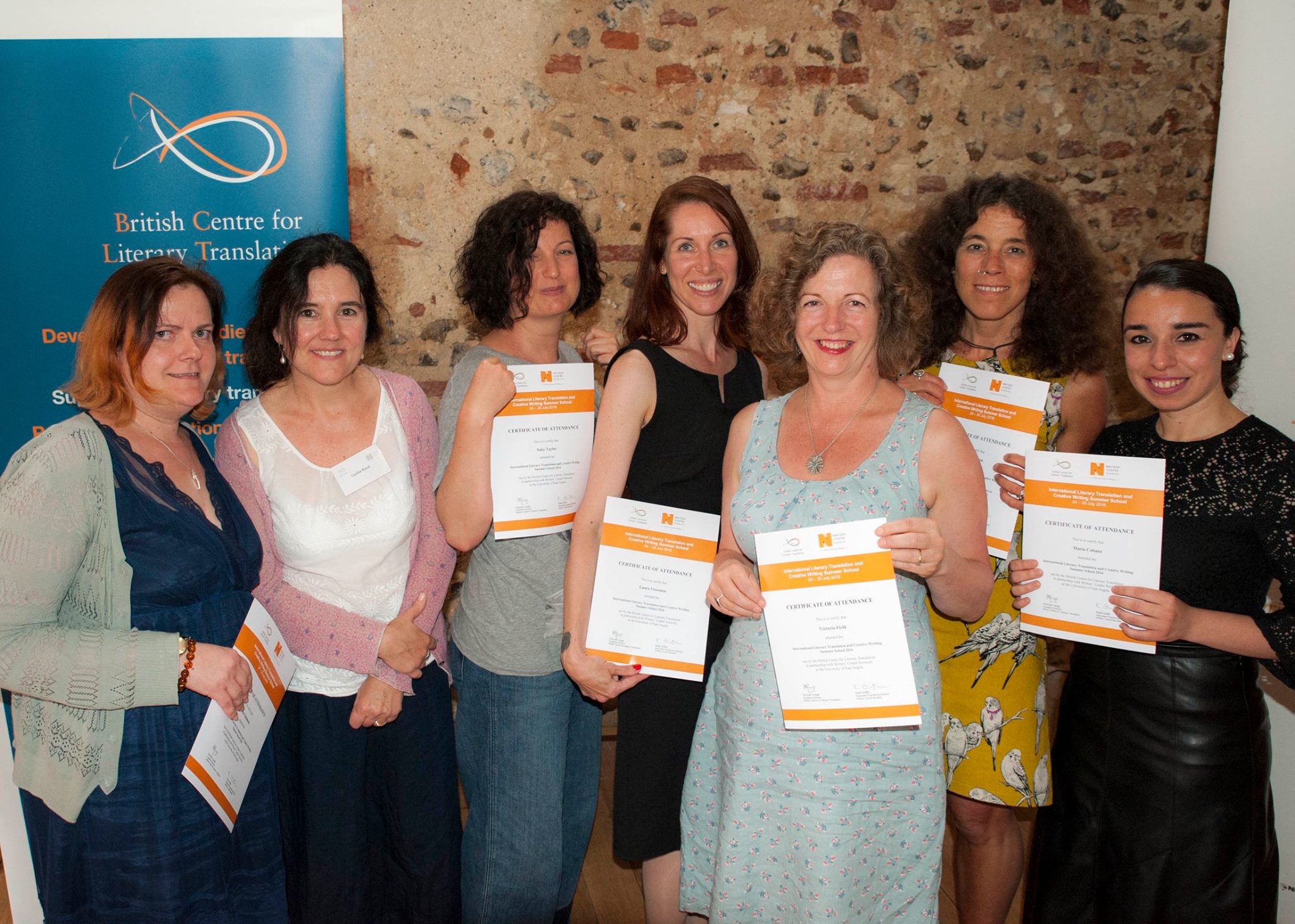
Here is a poem I love by Anne Sexton – a great one for opening discussion about words in all their mysterious multiplicity … called, simply and complicatedly, Words.
This summer I had two holidays, the first exploring medieval abbeys in Normandie, the second, a bit of a busman’s, attending the British Centre for Literary Translation Summer School at UEA. The main reason was to have some formal underpinning for the work I already do, translating from the Georgian with a native speaker. But it was also massively relevant to poetry therapy and my own creative writing too – the 3-legged stool that makes up my work. I enjoyed every minute.
At breakfast I chat to someone who is in the group translating from the Korean. I tell her about a verb that I’m struggling with in Georgian that means to process around an open coffin whilst paying respects at the home of someone recently deceased. She counters with a Korean verb that means bowing to an elder on New Years Eve in expectation of money. We agree that translation is impossible and that we totally love doing it.
This is a typical conversation during the British Centre for Literary Translation Summer School which I attended for the first time this year, having been aware of it for a decade or more.
The decision to go was clinched by a conversation with Kate Griffiths of the Norwich Writers Centre. We met briefly at the London Book Fair where there was programme of talks on translation that were so popular it was standing room only. I asked her whether the summer school was full of people who could talk for hours about the placing of a comma. She assured me that it would be and from day one, I felt I had found a new tribe.
At dinner, I sit at the same table as a translator from Swedish who says they’d spent most of the morning discussing curtains. ‘Curtains’ is a word of course but in the context of of a novel or poem, nothing is simply a word. Any word has what I learned is termed an ‘underlying chain of signification’ in much the same way that the mushrooms growing in the woods where I walk are just the visible evidence of a mycorrhizal network beneath the ground that stretches for miles.
The summer school has four featured languages – this year, Russian, Korean, Swedish and German and in these students work together with a translator and a writer on a specific text. There are also two multilingual groups, one for poetry and one for prose. I was in the poetry group and the six of us comprised native speakers of German, Italian, Spanish and Dutch and two of us with English.
We also had three creative writing workshops which highlighted the relationship between translation and creation. These focused on translating from one form to another – flash fiction to poetry and vice versa – retelling a story in synonyms and using oulipo techniques to encourage non-obvious renderings.
As well as learning more of the theory about translation, the week was a chance to get truly intimate with language, to spend a whole morning on eight short lines of an Emily Dickinson poem.
Intimacy with language characterises biblio-poetry therapy where every detail of every word is significant. Cecily Rossi starts the week by stressing the need to focus on the poetic capacities of our own languages. We then practice slow translation beginning by copying out a poem by hand. This immediately makes the poem new and strange again and connects us bodily with its rhythms and structures. We start, to paraphrase Walter Benjamin, by walking through a text
I will post some more about this wonderfully intense week. Meanwhile, time for bed. Curtains.
2 Comments
Leave A Comment
You must be logged in to post a comment.


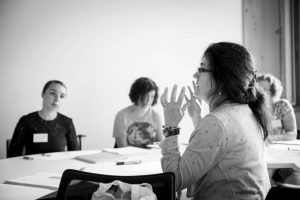


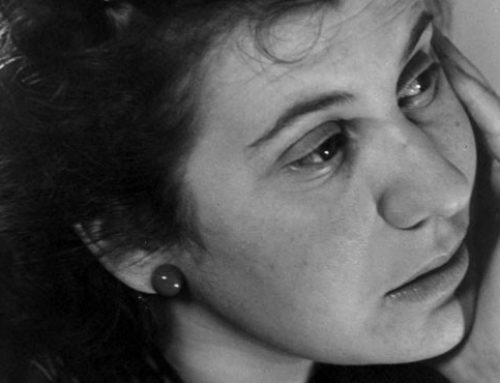
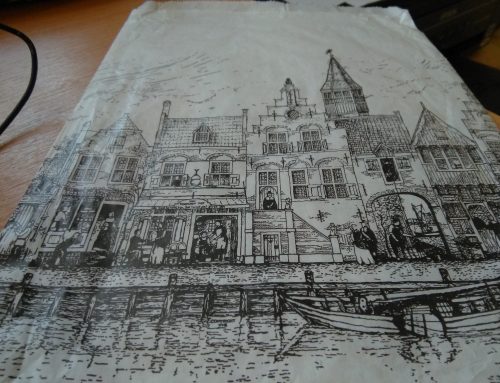
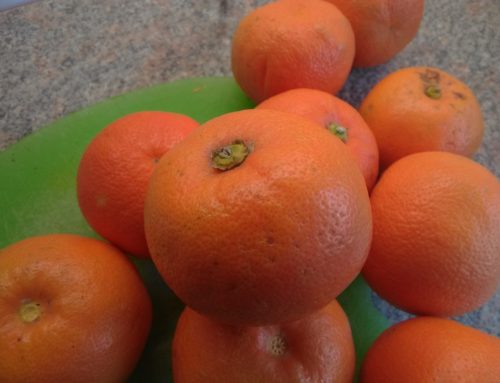

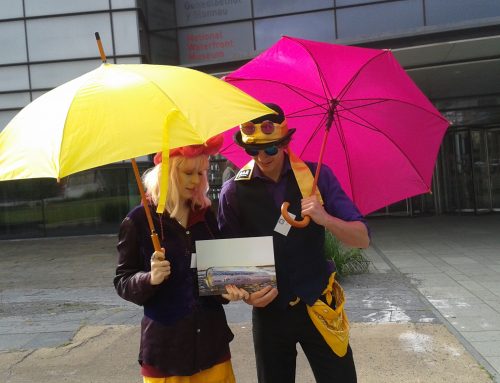
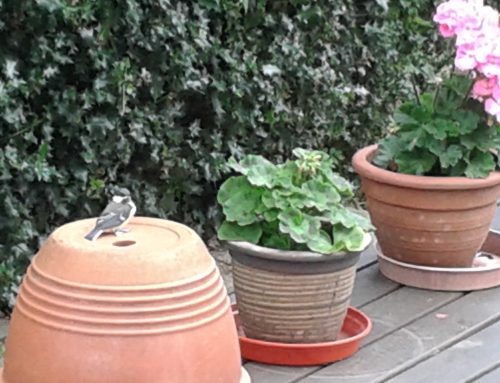


“I asked her whether the summer school was full of people who could talk for hours about the placing of a comma. She assured me that it would be and from day one, I felt I had found a new tribe.” The Comma Tribe! What a wonderful exciting post, Vicky. I loved reading how all the different parts of creativity feed into the one pot.
Thanks Sarah! x